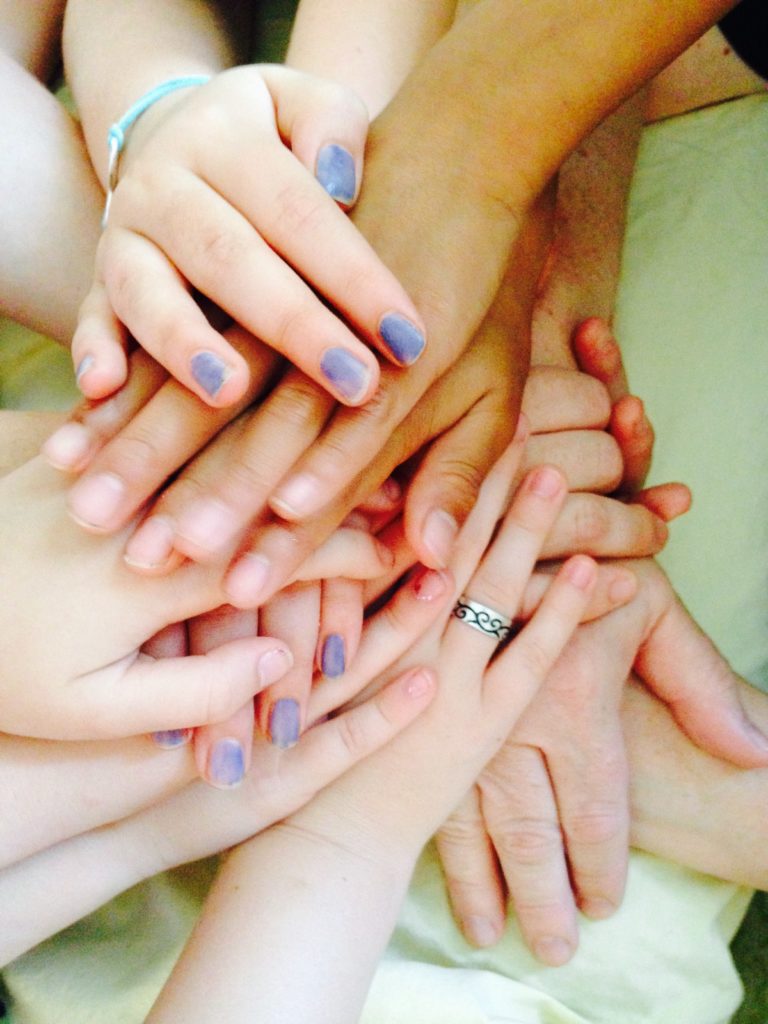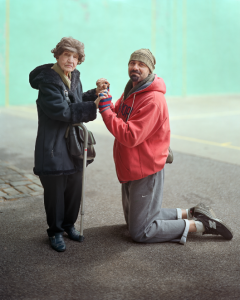As a Reiki Master, I have a confession to make: Sometimes I am hesitant to engage in self-care. My concern for the care of others often overrides making self-care a priority in my day-to-day activities. As a healer, is my care of others more important than the care of myself? Do others need me more than I need me? Is self-care selfish?
I’m certain that many of you are confident that the answer to these questions is, “no”. I appreciate your certainty but I believe this deserves some exploration. My first step was with a definition of the word, “selfish”:
“1. concerned excessively or exclusively with oneself : seeking or concentrating on one’s own advantage, pleasure, or well-being without regard for others
“2. arising from concern with one’s own welfare or advantage in disregard of others <a selfish act>”
http://www.merriam-webster.com/dictionary/selfish
The words that stand out for me here are: “excessively” or “exclusively” and the concept of putting oneself ahead of others. So self-care that is balanced with the concern for others and that is not done to indulge oneself is not selfish. My second step was to explore the balance between care of self and care of others. How does one know when the balance is struck?
For instance, with a Reiki treatment, the practitioner receives the benefit of the Reiki at the same time as she/he is offering it to another. However, her/his concern is for the highest healing good of the other person. The Reiki that is received by the practitioner is a benefit but not the intent of the session.
In this month’s issue of Psychology Today, the cover article addresses the power of touch.
“Every evening at bedtime, DePauw’s Hertenstein gives his young son a back rub. ‘It’s a bonding opportunity for the two of us. Oxytocin levels go up, heart rates go down, all these wonderful things that you can’t see.’ Moments like these also reveal the reciprocal nature of touch, he says: ‘You can’t touch without being touched. A lot of those same beneficial physiological consequences happen to me, the person doing the touching.’ In fact, when we’re the ones initiating contact, we may reap all the same benefits as those we’re touching. For example, Field’s research has revealed that a person giving a massage experiences as great a reduction in stress hormones as the person on the receiving end.” http://www.psychologytoday.com/articles/201302/the-power-touch
As Reiki practitioners, in our giving we receive. The need for self-Reiki still exists, however. We still need a mature evaluation of our physical, emotional and spiritual needs as a whole person. Are we balancing the care of others with the care of the self? Have we filled our emotional bucket through the connection with friends and family? Have we supported our physical health with nutritious food, exercise, fresh air, and plentiful water and sleep? Have we connected with our spiritual selves through self-Reiki, meditation, time in nature, and quiet reflection?
There is a specific Reiki self-care habit that I am developing. I am doing an absent Reiki session for myself in addition to the times I’m sending it to others. I find this to be very supportive and uplifting and often filled with deep insights. It is one of the ways I find the balance between care of others and care of myself. I give and I receive. It is balanced, and, certainly, not selfish.
How do you practice self-care? How do you balance your needs with the needs of others? I’d love to hear your thoughts. Please share them in the comments.
Wishing you abundant love and light!
[twitter-follow screen_name=’u_r_reiki’]



